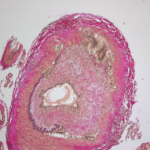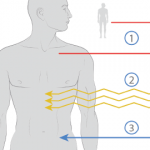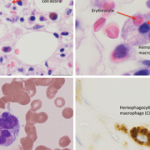Abatacept Approved for Adult PsA On June 30, the U.S. Food and Drug Administration (FDA) approved abatacept (Orencia) to treat adults with active psoriatic arthritis (PsA).1 Abatacept is available as both an intravenous formulation and a subcutaneous injection.2 The approval was based on results of two randomized, double-blind, placebo-controlled trials, PsA-I and PsA-II, during which…







